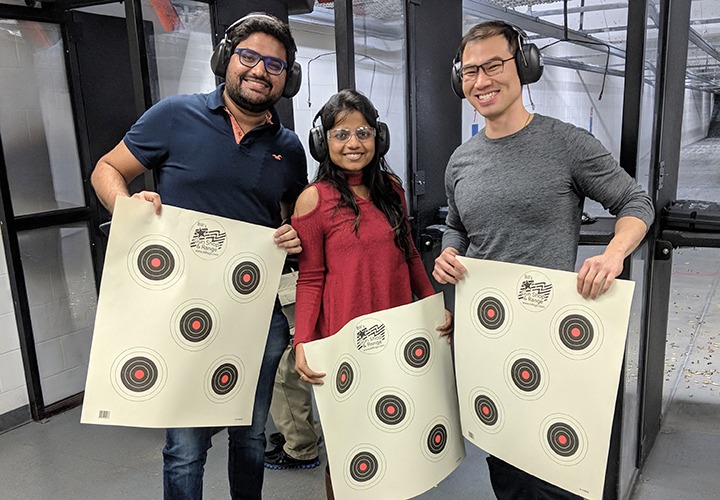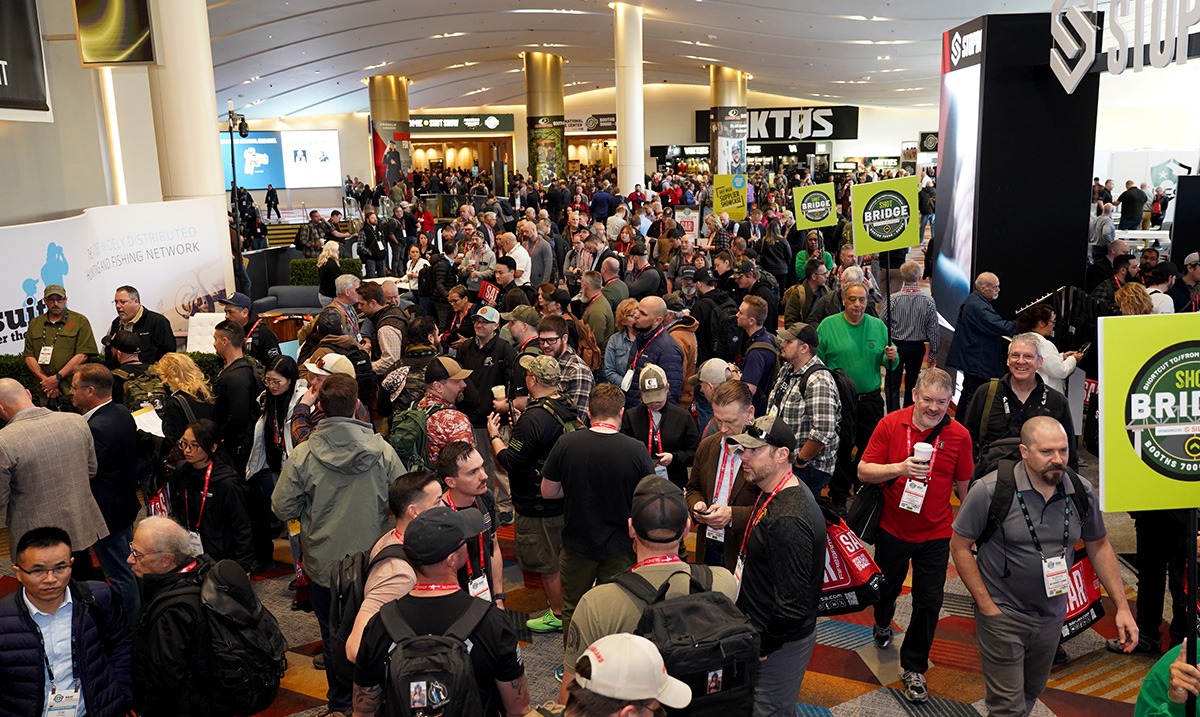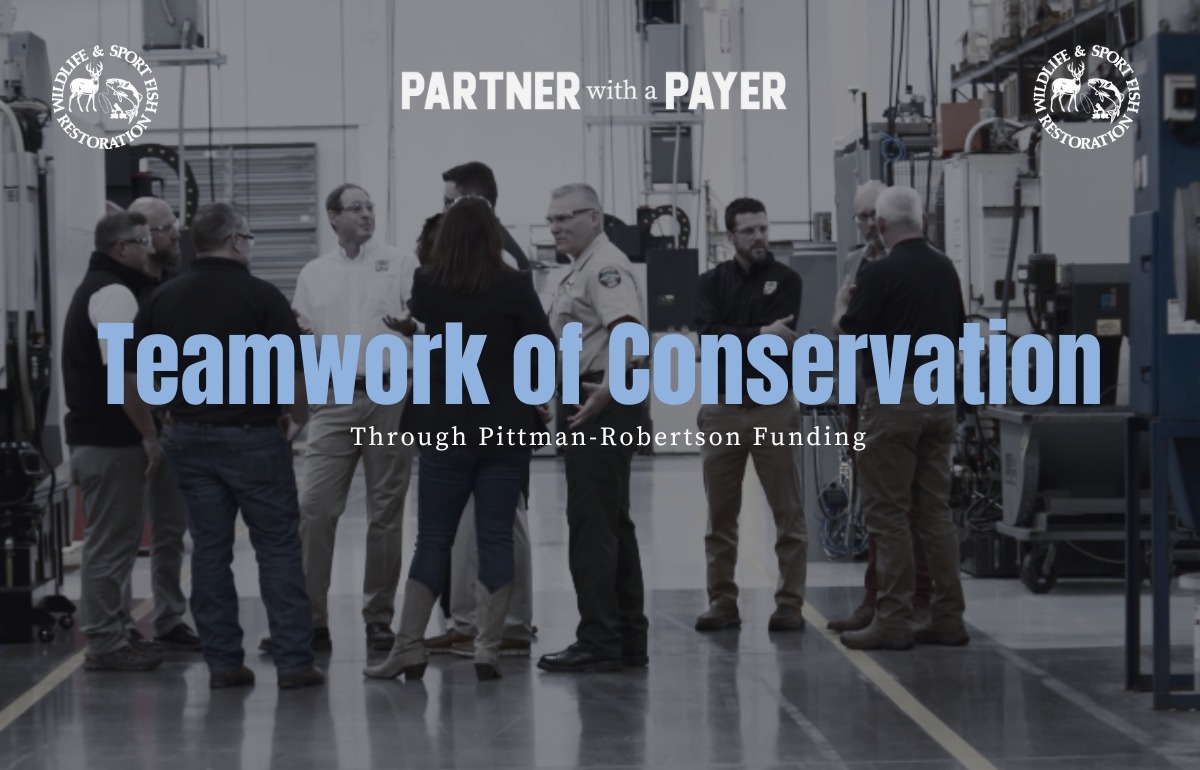 Back to News
Back to News
April 8, 2025
Virginia Assembly’s Veto Override Effort Previews Fall Elections
Virginia’s antigun lawmakers don’t know how to take a hint, but they’re giving a glimpse into what they intend to make an issue during statewide elections later this year.
Virginia’s House of Delegates reconvened to attempt to override 13 of the 157 bills vetoed by Gov. Glenn Youngkin. Of those “baker’s dozen,” one was a direct attack on the right to keep and bear arms. That bill, HB 1607, was an attempt to ban the sale and manufacture of Modern Sporting Rifles (MSRs) and standard-capacity magazines. That California-style gun control bill also included a provision to make it illegal for an adult under the age of 21 to even possess the most-popular selling centerfire rifle in America.
HB 1607 was narrowly passed in a 50-48 vote in the House of Delegates and 21-15 vote in the Senate. That vote count tracks closely to the composition of Virginia’s Assembly, which itself is narrowly controlled by Democrats. There are 51 Democrats and 49 Republicans in the Commonwealth’s House of Delegates and 21 Democrats with 19 Republican state senators.
Counting Votes & Assemblymembers
Virginia law requires a two-thirds majority in both chambers to override a veto. The math here is important. With only a two-seat House of Delegates majority and a two-seat Senate majority, Democrats didn’t have a chance of overriding Gov. Youngkin’s veto. The attempt crumbled. The final vote by the House of Delegates to override the governor’s veto stood at 50-46. The bills are over – for now.
Antigun lawmakers didn’t bring the state’s lawmakers back to Richmond because they thought there was a fighting chance. They brought them back to set the stage for November 4, when Virginia voters will again decide who represents them in Richmond. That includes races for governor, lieutenant governor, attorney general, and all 100 seats in the House of Delegates. Virginia state senators serve four-year terms and those elections won’t come until 2027.
Virginia’s House of Delegates didn’t reconvene to make a serious attempt at overriding Gov. Youngkin’s veto. Democrats pushing the legislation to make the Old Dominion look more like California, Connecticut, Delaware, Hawaii, Illinois, Maryland, and Massachusetts – and dare say like its neighbor the District of Columbia – are setting up November’s election to be about gun control.
Virginia’s elections are largely a reflection of the four dominant population regions – which are also controlled by gun control Democrats. Northern Virginia is a heavily Democrat blue, with the majority of the population in those counties tied to the federal government in Washington, D.C. Richmond, along with the Hampton Roads region, is densely Democratic, along with Charlottesville. The rest of state is primarily rural. The state is often referred to as a “purple state” and while Gov. Youngkin won his election over former Gov. Terry McAuliffe, who embraced strict gun control, it has been the narrowly-divided Assembly that has made gun control legislation a nail-biter each year.
Virginia’s Election Season Starts Now
Gov. Youngkin’s veto pen has been the barrier against which gun control has failed. Both political parties know this. That’s why all eyes are on what comes after November’s elections. Gov. Youngkin is term-limited. Vying to take his place in the Governors’ Mansion are Lieutenant Gov. Winsome Earle Sears, who is strongly committed to protecting Second Amendment rights as the Republican nominee and former Congresswoman Abigail Spanberger, (D-Va.), who previously represented Virginia’s Seventh District – an area just north of Richmond.
As much as Lt.Gov. Sears has stood up for the firearm industry, Rep. Spanberger has become the darling of the gun control groups, including antigun billionaire Michael Bloomberg’s-financed Everytown for Gun Safety and Moms Demand Action, as well as Giffords and Brady United. Rep. Spanberger set the tone early, telling voters in January that she would sign gun control bills if she’s elected. So far, she’s raised $6.7 million for her campaign.
Democratic Delegate Dan Helmer authored the bill to ban MSRs in Virginia and excoriated Republicans for actually sticking to their guns when it comes to protecting gun rights. He framed it as a referendum on President Donald Trump.
“These firearms were designed for the battlefield, not for our streets,” Democrat Delegate Helmer said. “They are too terrified of Donald Trump to act.”
Delegate Helmer is a veteran, but other veterans in the Virginia House of Delegates rebuked his proposal.
“The only people in this room terrified of something are apparently our Democrat colleagues, of our own law-abiding citizens,” said Republican Delegate Nick Freitas, who is also a combat veteran. “The reason why we have the Second Amendment is not because the founders got back from an especially rigorous hunting trip. The reason why we have the Second Amendment is because our founders recognize that free citizens have to have the means to be able to provide for their own security.”
Come November, Second Amendment rights – and the ability of the firearm industry to make those rights possible in Virginia – will be on the ballot.
You may also be interested in:
NSSF Praises DOJ and ATF Announcement Eliminating Biden-Era ‘Zero-Tolerance’ Policy
Categories: BP Item, Featured, Government Relations, Top Stories









